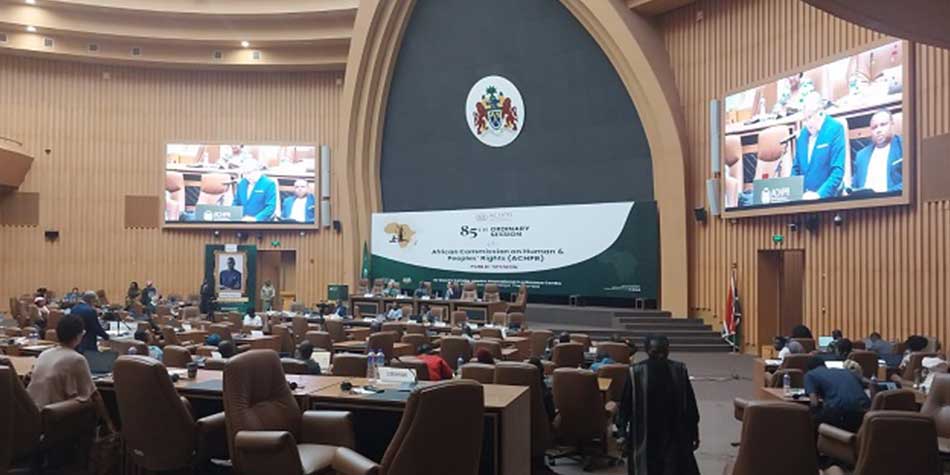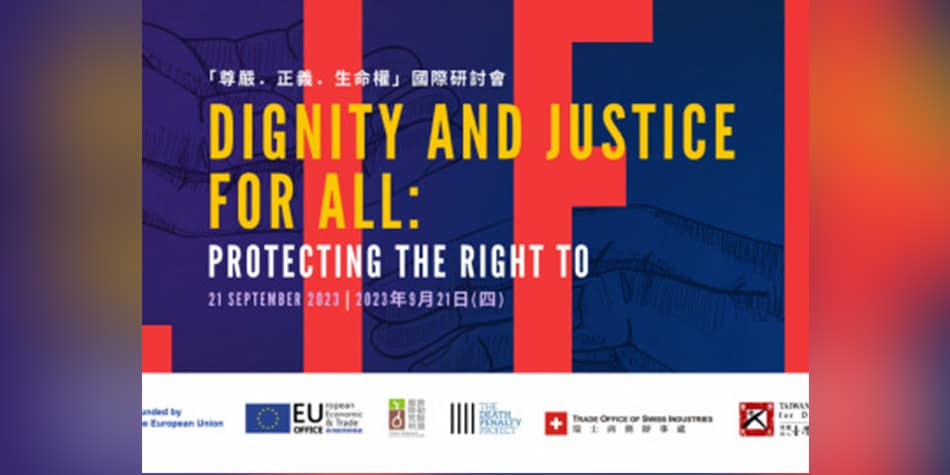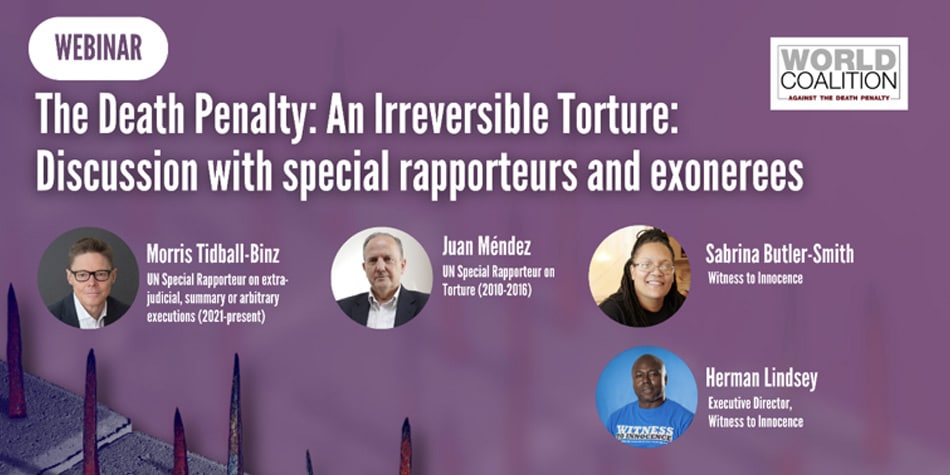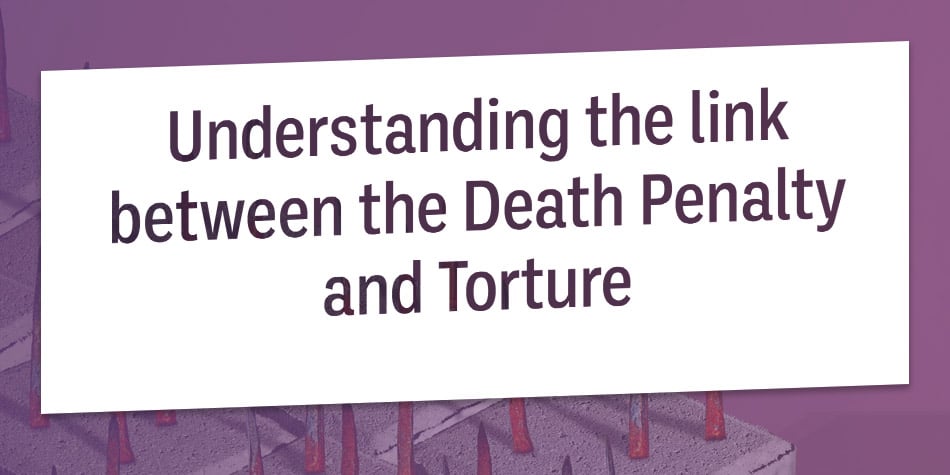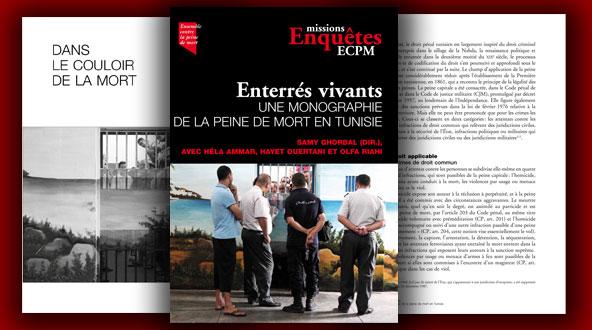
Inside Tunisia’s death row
Advocacy
The first investigation conducted by Together Against the Death Penalty (ECPM, a World Coalition member) in the Arab World was based on interviews with 32 people on death row or formerly sentenced to death in Tunisia. Tunisian journalist and writer Samy Ghorbal led the research, which associated the Tunisian Coalition Against the Death Penalty and the International Association for the Support of Political Prisoners and serves multiple purposes:
– it is an information tool profiling those who handed down and received death sentences. It describes detention conditions as “appalling, especially in terms of overpopulation”;
– it is an advocacy tool exposing the social and geographical discrimination in the use of the death penalty. Nicolas Braye highlighted that one in four interviewees came from the deprived Siliana region, which explains the title used for the Tunisian edition of the publication: “The Siliana syndrome: why the death penalty should be abolished in Tunisia”. The study also reveals cases of innocents sentenced to death, including that of Maher Manai;
– it is a decision-making tool, which includes recommendations to the Tunisian authorities: open a national debate on abolition, ratify, the UN Protocol on the abolition of the death penalty, reinstate unanimous sentencing in capital cases;
– it is a mobilisation tool for Tunisian anti-death penalty activists.
Nicolas Braye is confident that “the investigative report and the case of Maher Manai will be covered by Tunisian media as a whole”. He stressed how important it was to publicise it in Tunisia first, through a communication campaign and joint efforts with ECPM’s local partners who can thus appropriate and use the publication.
Circulation at World Congress and World Day
Beyond Tunisian borders, the investigation will be presented at the World Congress in Madrid. ECPM also plans to launch an Arabic version on World Day Against the Death Penalty (10 October 2013) to reach a wider audience. “We will circulate the Arabic version to our partners across the countries of the region to show an example of a practical campaigning tool, which can be used for advocacy in activism against the death penalty and to raise awareness among the general public,” Nicolas Braye said.
When schools go back in September, ECPM will join forces with the Arab Institute for Human Rights and the French Institute in Tunisia to conduct educational action in secondary schools on the death penalty, again using the report.
ECPM also has plans to follow up on the investigation after its circulation. On the one hand, the organisation will monitor whether the authorities follow any of its recommendations and the situation improves. On the other hand, local organisations will need support to reintegrate pardoned prisoners into the community after some of them spent 20 years on death row.
Further research to identify innocents among those sentenced to death is also on the cards.




